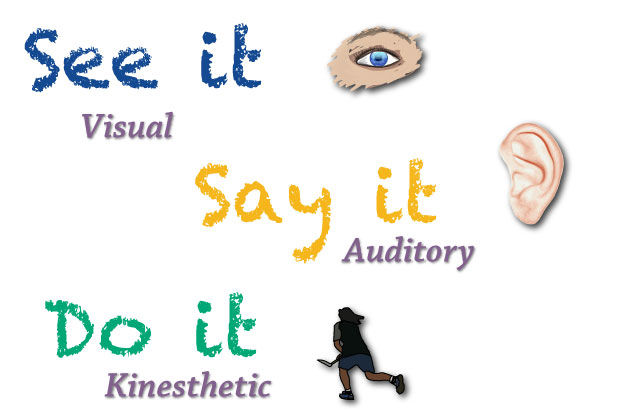Make learning effective in online class requires one to pay attention on several fronts. This whitepaper article elaborates upon the same and boosts learners effectiveness either in the Classroom or in the Online Classes such as LVC(Live Virtual Class) or Skype sessions.
Do you know? After 20 minutes, people forget 40% of what they just learned. In Contrast, students who take and review their notes can recall up to 80% of the content.
Do you know? Up to 75% people think typing down notes on computer is useful during Class. In Contrast, students who take handwritten notes find 90% more useful than computer notes.
1. Start with handwritten notes
- In a regular class, you’ll be typing down everything your instructor is saying. At the end you will only have a lecture transcript, not a curated list of key concepts that is far more valuable in a learning scenario.
- To make things worse, your useful computer comes with Internet access. Just a click can lead to unwanted distraction.
- With online courses, taking notes on your laptop watching a video lecture is not possible almost. In addition, only a few online course platforms have built-in note-taking capabilities. That means you will have to start and stop the video a lot if you want to take notes using a separate application.
- Take a simple notebook and pen to write down the notes.
2. Don’t write everything down.
- If you are recording everything the teacher says or writes on the board, your note-taking becomes mindless; and, while you seem to be hearing what your professor says, you are not really listening.
- Hence, avoid writing everything down.
- Instead, focus on the “meat” of the lecture. Make sure to focus on the main points.
- When recording information, note down the main points by using keywords and short sentences. Instead of using the teacher’s language, use your own words. This will make the lesson concepts easier to digest when you review them later.
3. Pick effective note-taking system and stick to it.
The most popular effective note-taking The Cornell System is as depicted here.


4. Take notes before class and condense after class.
- Believe it or not, your note-taking would be doubly great if it starts before class.
- Prior to getting in the class, you prepare all relevant materials, including —
-
- class syllabus, specifically the day’s topic
- last class session’s notes
- pre-class readings
- This way, you are 100% prepared for your video class and come with a few prepared questions.
- Moreover, your note-taking should not end once class is over. You should always review your notes after class, doing so as soon as possible. If you are taking multiple sessions every week, you should also summarize the whole week’s notes every week. When you are processing a lot of content, use highlighters and post-it page markers to upgrade the quality and completeness of your notes. If you are completely alone, you might even want to read the most important stuff, effectively retaining main points to your memory.
Some Quick Do’s & Don’ts
Don’t
- Don’t write everything.
- Don’t worry if you miss something.
- Don’t worry if others can’t make sense of your notes.
- Don’t wait too long to review your notes.
- Don’t take notes all the time.
Do’s
- Write down the most important things.
- Write question marks where you miss a point.
- Come up with a shorthand system, if possible.
- Review your notes regularly.
- Engage in other activities outside of note-taking (asking questions, practicing, etc.).
Take good notes, remember, and acquire skills!
- It’s important to remember that it is not about quantity but about the quality and relevance of your notes.
- Listen to your instructor.
- Make sure to note down the important nuggets of information that you hear or see in class.
- This way, you’ll remember what you are trying to learn, ensuring that you retain the knowledge, and at successfully acquiring new skills!

